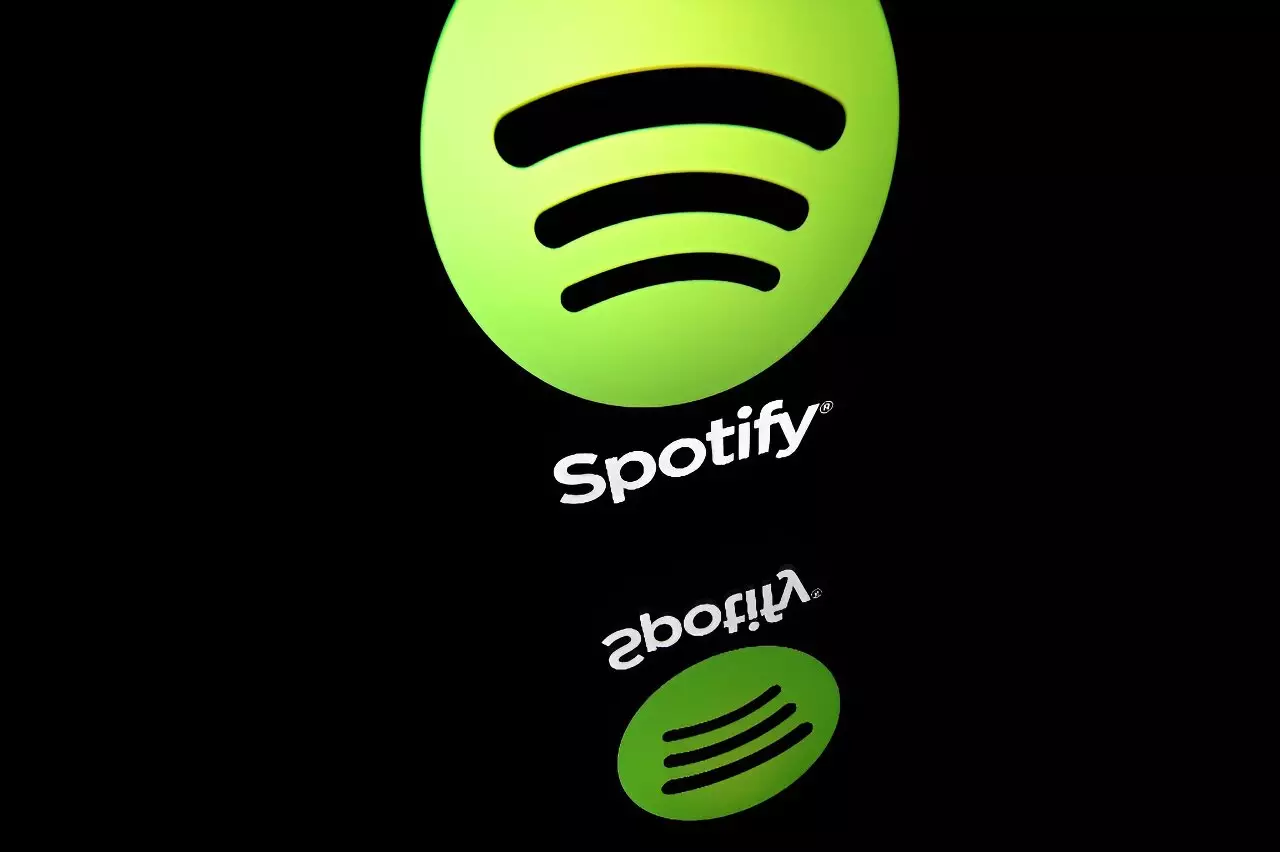Spotify, the renowned music streaming company, is facing a lawsuit in a US federal court accusing it of underpaying songwriters, composers, and publishers by tens of millions of dollars. The Mechanical Licensing Collective (MLC), a non-profit organization responsible for collecting and distributing royalties from music streaming services, filed the lawsuit in New York. The lawsuit claims that Spotify made changes to its paid subscription services without notice, resulting in a drastic reduction in royalty payments to MLC.
According to MLC, Spotify reclassified its Premium Individual, Duo, and Family subscription streaming plans as Bundled Subscription Offerings due to the addition of audiobooks. As a result, royalties paid on these bundled services are significantly lower. MLC argues that Premium subscribers already had access to audiobooks and that no additional services were bundled with it. The organization highlighted the negative financial impact on songwriters and music publishers due to Spotify’s actions, stressing that the underpayment could potentially amount to hundreds of millions of dollars.
In response to the lawsuit, Spotify defended its position by stating that the terms in question were agreed upon by publishers and streaming services years ago. The company emphasized that it paid a “record amount” in royalties last year and is projected to pay an even larger sum in 2024. Spotify expressed confidence in resolving the matter swiftly and asserted that it has been fair in its dealings with musicians and publishers. However, the allegations of underpayment remain a significant concern for the music industry.
The lawsuit against Spotify shines a light on the challenges faced by songwriters, composers, and music publishers in the digital era. As streaming services like Spotify continue to dominate the music industry, ensuring fair compensation for creators becomes increasingly important. The discrepancy in royalty payments and the changing landscape of music consumption underscore the need for greater transparency and accountability from streaming platforms.
The allegations of underpayment against Spotify highlight the complex relationship between music streaming services and content creators. As the case unfolds in court, the music industry eagerly anticipates a resolution that prioritizes fair compensation for songwriters and composers. The outcome of this lawsuit will undoubtedly have far-reaching implications for how streaming platforms engage with and remunerate music creators in the future. It is crucial for all stakeholders to uphold the principles of fairness and transparency to sustain a thriving and equitable music ecosystem.


Leave a Reply